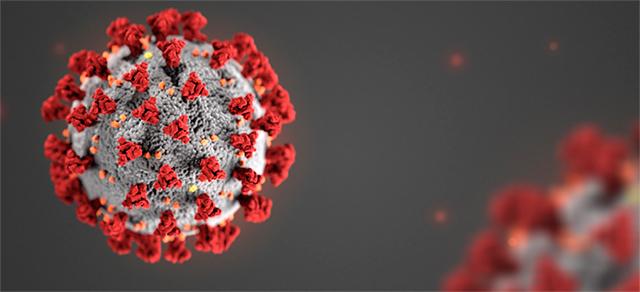 Marijuana's Impact On Working Memory Revealed In Brain Scans
Marijuana's Impact On Working Memory Revealed In Brain ScansA new study examined the effects of marijuana use of 1,003 adults aged 22 to 36 from the Human...
 Cardiac Medication Digoxin Off Label Reduces Risk Of Breast Cancer Metastases
Cardiac Medication Digoxin Off Label Reduces Risk Of Breast Cancer MetastasesWhile off-label uses of medication may be controversial in political media, in science and health...
 Electric Cars Match Gas And Diesel For Longevity
Electric Cars Match Gas And Diesel For LongevityAn analysis of 300 million United Kingdom Ministry of Transport test records, which tries to estimate...
 The Protein Signature Of Long Covid In Children Revealed In Lab Tests
The Protein Signature Of Long Covid In Children Revealed In Lab Tests"Long Covid", the lingering effects of the COVID-19 pandemic that erupted in Wuhan, China in 2019...







